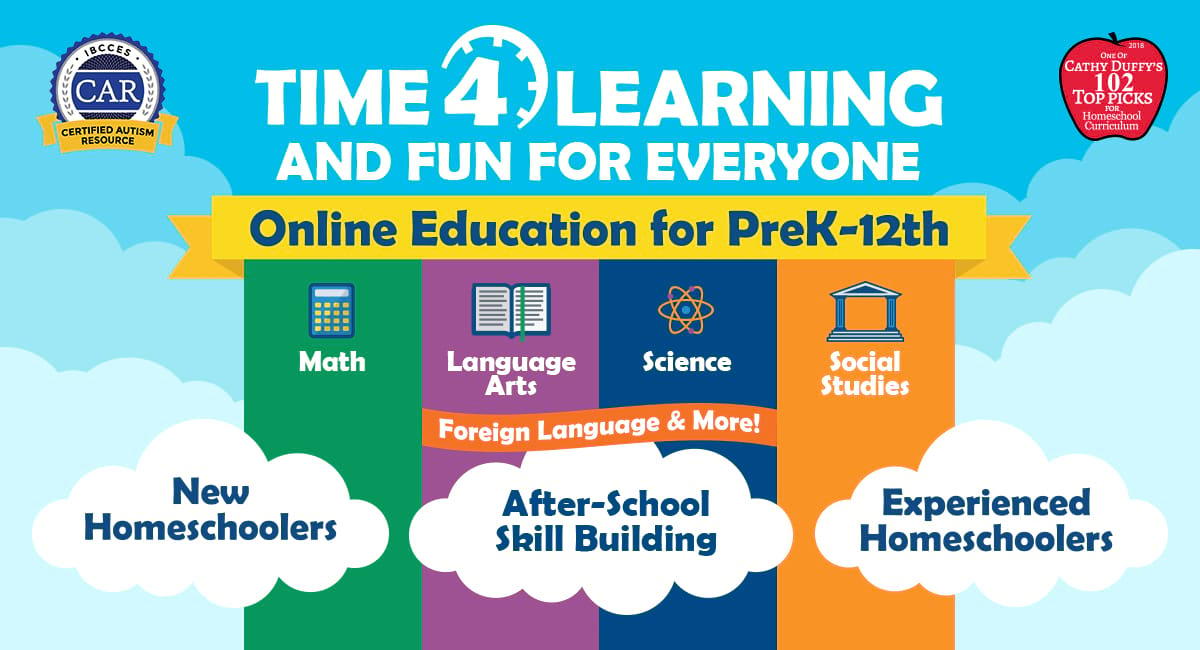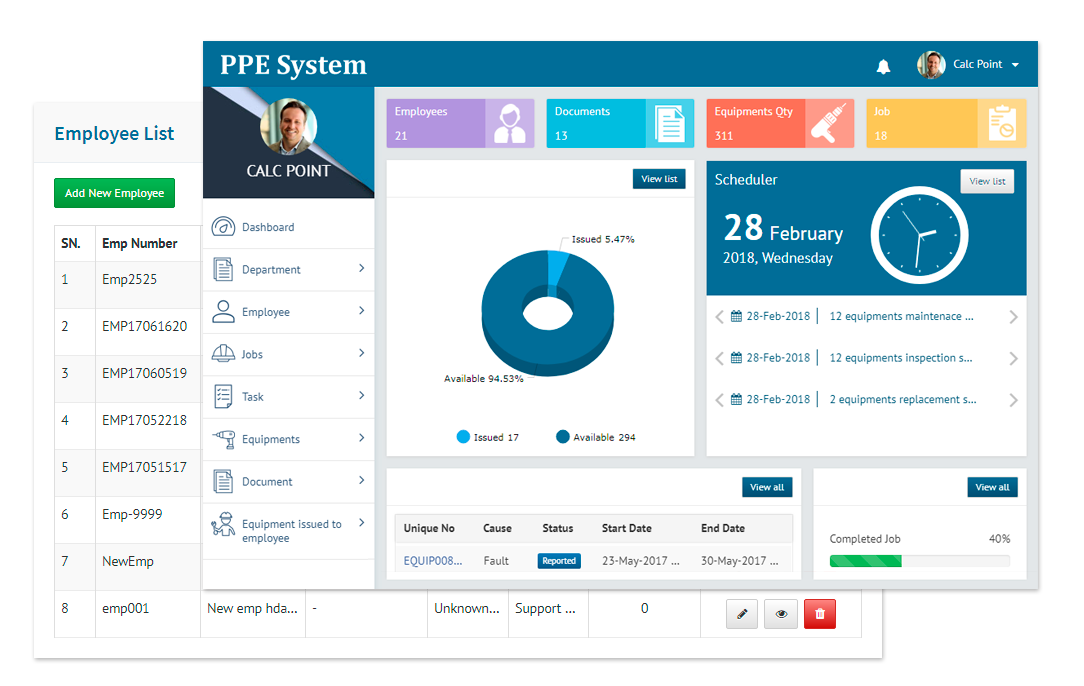- Software Solutionseffective Curriculum Ideas For Beginners
- Software Solutionseffective Curriculum Ideas Examples
EECS introduces students to major concepts in electrical engineering and computer science in an integrated and hands-on fashion. As students progress to increasingly advanced subjects, they gain considerable flexibility in shaping their own educational experiences.


All EECS students* begin with a choice of an introductory subject, exploring electrical engineering and computer science fundamentals by working on such concrete systems as robots and cell phone networks and systems.
Students gain understanding, competence, and maturity by advancing step by step through subjects of greater and greater complexity:
Crossword Sudoku Jumble KenKen Lexigo Quick Cross Unolingo Up & Down Words Word Round Up Mahjongg Solitaire Word Wipe Klondike Solitaire Bridge Craps Golf Solitaire Block Champ Classic. Our games are playable on desktop, tablet and mobile so you can enjoy them at school, at home or on the road. Every month over 30 million gamers from all over the world play their favourite games on Poki. Our game selection. Game developers release fun new games on our platform on a daily basis. All games for nintendo switch.
- Foundation subjects build depth and breadth in areas ranging from circuits and electronics to applied electromagnetics and from principles of software development to signals and systems. Students must take three or four, depending on their major.
- Header subjects and laboratory provide mastery within EECS's subdisciplines: microelectronic devices and circuits; communication, control and signal processing; bioelectrical science and engineering; computer systems engineering; design and analysis of algorithms; and artificial intelligence. Students must take at least three header subjects and one lab.
- Advanced undergraduate subjects (AUS) enable students to target their degree program toward in-depth mastery of areas matching their specific interests. Two advanced subjects are required.
Throughout the undergraduate years, laboratory subjects, teamwork, independent projects, and research engage students with principles and techniques of analysis, design, and experimentation in a variety of EECS areas. The department also offers numerous programs that enable students to gain practical experience, ranging from collaborative industrial projects done on campus to term-long experiences at partner companies.
* Students in Computer Science and Molecular Biology (VI-7) follow a variation of this curriculum scheme, adapted to accommodate the interdepartmental major.
Where good ideas come from? Announcements October 21, 2010. Powering Your Curriculum. Call Us +1 866 297 7022 +44 208 133 7489 +852 8175 8152. Curriculum design focuses on the creation of the overall course blueprint. Our experienced learning designers provide a systematic approach to mapping content to learning objectives, including how to develop a course outline and build the course.
Useful links:

Software Solutionseffective Curriculum Ideas For Beginners

Software Solutionseffective Curriculum Ideas Examples
- Degree requirements for the NEW curriculum
- New Curriculum Checklist
- Course 6 Undergraduate Office FORMS

